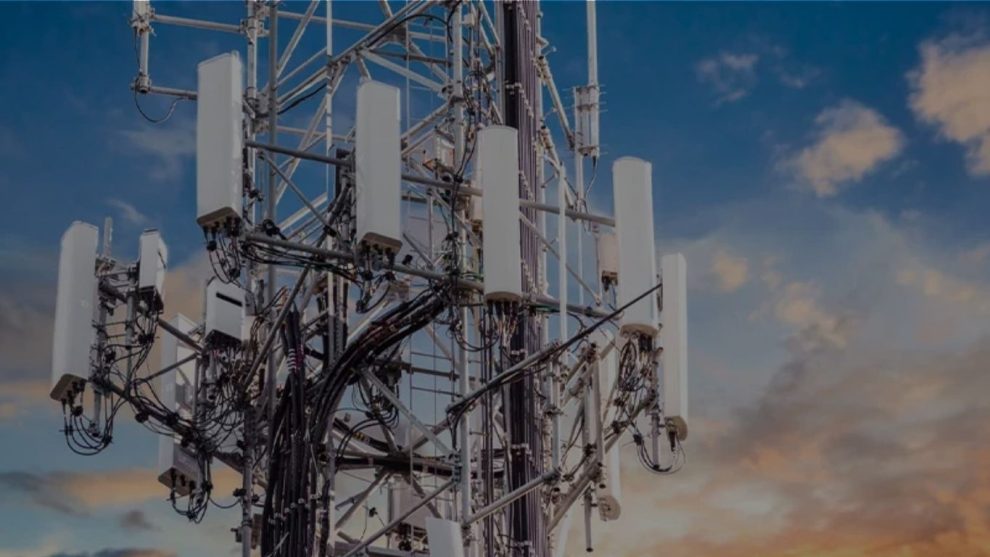The momentum of 5G technology continues to surge globally, with over 1.6 billion connections worldwide, a figure expected to escalate to 5.5 billion by 2030, according to GSMA Intelligence (GSMAi).
The data reveals a remarkable trajectory for 5G adoption, with projections indicating that by 2029, 5G connections will represent more than half (51%) of all mobile connections, soaring to 56% by the decade’s end, solidifying 5G as the dominant connectivity standard.
As of January 2024, 261 operators across 101 countries had launched commercial 5G services, showcasing a rapid deployment of the technology. The evolution of 5G Standalone (SA) networks, now accounting for 47 out of the 261 services, promises enhanced capabilities such as network slicing and ultra-reliable low-latency communications support.
Furthermore, the expansion of 5G-Advanced, anticipated with 3GPP Release 18, is poised to unlock new opportunities in IoT deployment, driving increased investment in 5G technologies throughout 2024 and beyond.
The implications of these advancements extend beyond consumer services, particularly within the enterprise sector. The adoption of 5G in enterprise IoT is set to skyrocket, with predictions indicating a doubling of enterprise connections to 38.5 billion by 2030. This growth will be fueled by developments in smart buildings and smart manufacturing, which are expected to account for a significant portion of enterprise connections.
Moreover, the surge in mobile data traffic, projected to quadruple by 2030, underscores the importance of continuous infrastructure investments to support expanding 5G coverage and capacity.
Peter Jarich, Head of GSMAi, highlighted the evolving landscape of 5G, emphasizing the emergence of new use cases and revenue streams beyond traditional broadband services. The deployment of 5G-Advanced and 5G SA networks is set to unlock opportunities in areas such as API monetization and enterprise IoT, revolutionizing the telecommunications industry.
In tandem with the growth of 5G technologies, the GSMA has spearheaded initiatives to facilitate revenue realization for operators. The introduction of the Billing and Charging Evolution (BCE) standard, developed in collaboration with industry leaders, aims to streamline billing processes and support advanced network services offered by 5G SA cores.
Additionally, the GSMA Open Gateway initiative empowers operators to capitalize on network APIs, enabling them to monetize new capabilities within 5G networks. With the commitment of numerous mobile operator groups and technology partners, the initiative has made significant strides in commercializing network APIs and fostering innovation in the telecommunications sector.
As the global rollout of 5G accelerates, the industry stands poised for unprecedented growth and innovation, driven by advancements in technology and collaboration across the ecosystem.


